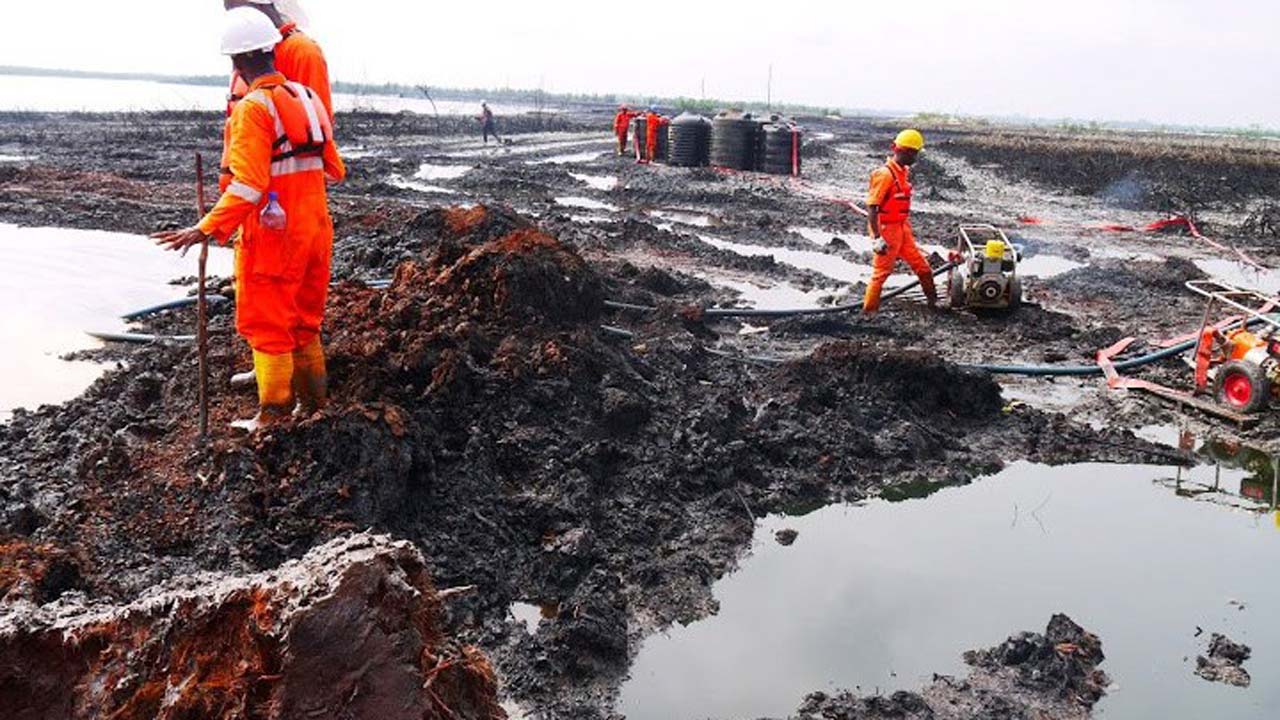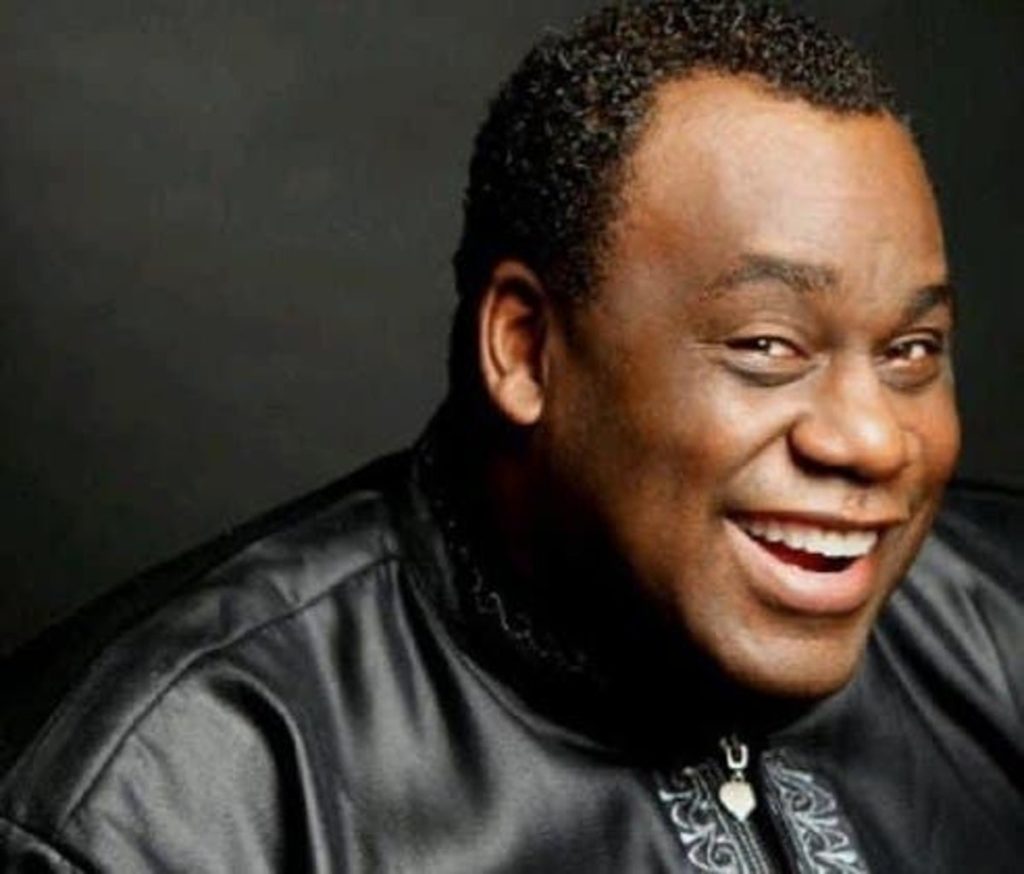*11 out of 16 coys contracted have no registered expertise in oil pollution

Following the 2011 UN Environment Programme (UNEP) report documenting the devastating impact of the oil industry activities in Ogoniland, an investigation by four Non-Governmental Organisations, NGOs revealed that work has begun on only 11 per cent of planned sites.
The report also indicated that vast areas of the community remain heavily contaminated despite billions of dollars committed to the project.
Recall that the UNEP report had set out urgent recommendations for clean-up.
However, the fresh investigation highlights that “emergency measures” proposed by UNEP have not been properly implemented and that the billion-dollar clean-up project launched by the Nigerian government in 2016 has been ineffective.
The NGOs stated that in the past five decades, oil and gas extraction have caused large-scale, continued contamination of the water and soil in Ogoni communities. The continued and systematic failure of oil companies and government to clean up have left hundreds of thousands of Ogoni people facing serious health risks, struggling to access safe drinking water, and unable to earn a living.
According to Environmental Rights Action/Friends of the Earth Nigeria, Godwin Ojo, “After nine years of promises without proper action and decades of pollution, the people of Ogoniland are not only sick of dirty drinking water, oil-contaminated fish and toxic fumes. They are sick of waiting for justice, they are dying by the day.
READ ALSO: Ogoni Clean Up: NNPC, JV partners release $360m
“The Nigerian government should acknowledge this project has been a failure and reinvigorate HYPREP with technical skills and strategic thinking, fully involving the community.”
Also, Osai Ojigho, of Amnesty International Nigeria, said: “The discovery of oil in Ogoniland has brought huge suffering for its people. Over many years we have documented how Shell has failed to clean up contamination from spills and it’s a scandal that this has not yet happened.
“The pollution is leading to serious human rights impacts – on people’s health and ability to access food and clean water. Shell must not get away with this – we will continue to fight until every last trace of oil is removed from Ogoniland.”
While, Colin Roche, Friends of the Earth Europe, added that, “Nine years on, there is still no clean-up, no ‘emergency’ health and water measures, no transparency and no accountability. Without urgent action, there will be no justice.
“While oil companies like Shell spend millions greenwashing their image, tens of thousands of people continue to suffer from their pollution and negligence. European governments like the UK, the Netherlands, France and Italy must act to support a truly effective clean-up and ensure these companies are held accountable for the devastating pollution of the Niger Delta.”
Meanwhile, the key findings of the report include:
- Work has begun on only 11% of polluted sites identified by UNEP, with only a further 5% included in current clean-up efforts, and no site has been entirely cleaned up;
- Actions classified by UNEP as “emergency measures” – immediate action on drinking water and health protection – have not been implemented properly; there are still communities without access to clean water supplies;
- Health and environmental monitoring has not been carried out;
- There has not been any public accounting for how the 31 million USD funding provided since 2018 has been spent;
- 11 of 16 companies contracted for the clean-up are reported to have no registered expertise in oil pollution remediation or related areas;
- HYPREP has numerous conflicts of interest as Shell continues to be involved in the governing boards for the clean-up and even places its own staff in HYPREP.
The organisations demand rapid clean-up and in particular that the Nigerian government:
- makes sure that Ogoni people can access their basic rights including the right to safe drinking water
READ ALSO: Ogoni women goes nude over detention of demolished hotel manager
- develops and implements a strategy to address the root causes of oil pollution, while fully involving local communities
- strengthens HYPREP and ensures it is an independent, transparent agency without involvement of Shell in oversight and management structures
- publishes all information on the clean-up project and its progress
That Shell:
- provides proper compensation to all communities affected by failed or delayed clean-ups of oil spills
- decommissions all ageing and damaged pipelines
- commit to funding the clean-up of Ogoniland and the rest of the Niger Delta until completed
That European government home to oil companies operating in the Niger Delta:
- make a fundamental shift to prioritise the clean-up of Ogoniland and the rest of the Niger Delta over the interests of companies
- increase engagement with and support for the Nigerian government to ensure effective implementation of UNEP’s recommendations, independent oversight of the oil industry and effective remedy for affected communities
- establish strong international regulations for corporate liability abroad – such as an EU law for mandatory Human Rights due diligence and a binding UN Treaty on Business and Human Rights.

